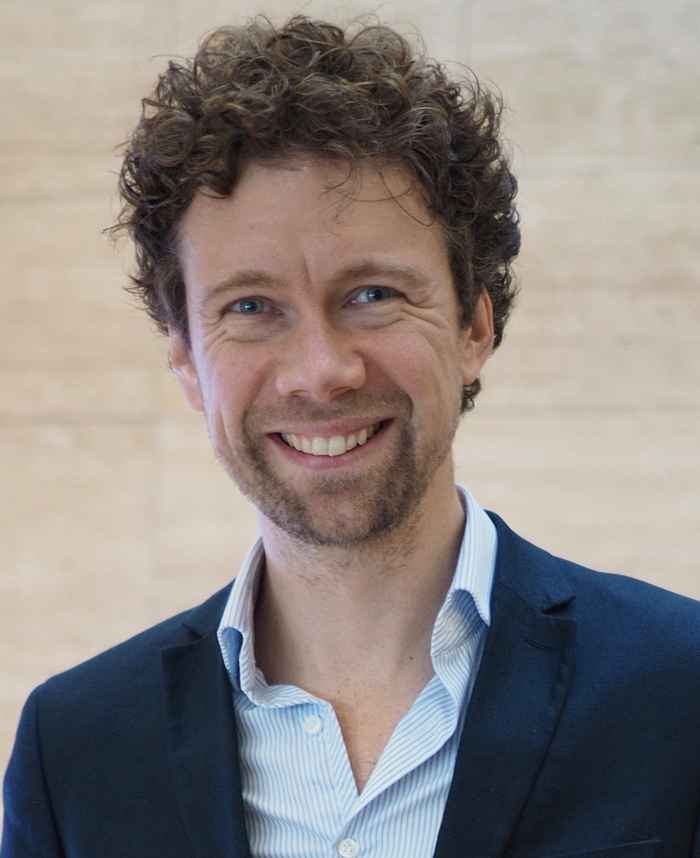ERC Consolidator grant for Wim Noorduin
17 March 2022

The molecular building blocks of life are chiral, they are of only one 'handedness'. Consequently, pharmaceuticals and other bioactive molecules also need to be of one handedness. When such enantiomers crystallize in separate crystals, isolation of the desired handedness is relatively straightforward. Unfortunately, most enantiomers (90-95%) are thermodynamically more stable as racemic compounds with both enantiomers in the crystallographic unit cell, which impedes any such separations.
There are currently no methods to systematically overcome this major bottleneck, thus hindering simple routes towards many essential enantiopure molecules. Noorduin's research project is aimed at overcoming this fundamental challenge by establishing new principles to turn racemic compounds into molecules of a desired handedness.
Versatile, sustainable, and simple routes
The results of the research will hold direct relevance for our fundamental understanding of non-equilibrium conditions in reactive crystallizations, and the outcomes of this research will immediately impact our ability to produce molecules of single handedness. Ultimately, this breakthrough holds the potential to disrupt the pharmaceutical industry by offering versatile, sustainable, and simple routes towards essential enantiomerically pure building blocks that are crucial in our daily lives.
ERC Consolidator Grants are designed to support excellent Principal Investigators at the career stage at which they may still be consolidating their own independent research team or program. Principal Investigators must demonstrate the ground-breaking nature, ambition and feasibility of their scientific proposal.
See also
- Noorduin research group at AMOLF
- Wim Noorduin appointed professor